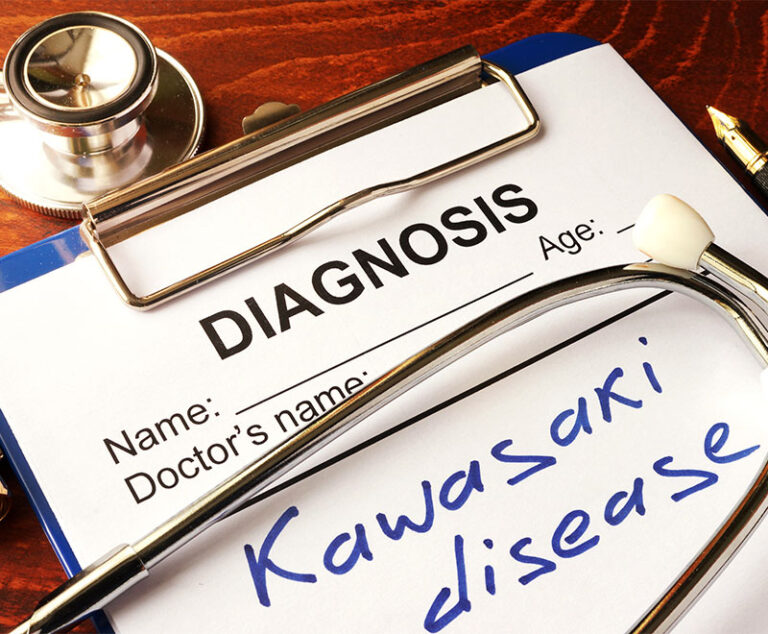Industry Insight
Information, Observation & Analysis
Once eradicated in the U.S., measles is now on the rise due to a growing mistrust of public health guidance, but it is highly preventable with vaccination.
Protecting Americans against severe disease significantly reduces their chances of getting seriously sick while traveling abroad.
When it comes to online health information, the Internet is a place where falsehoods flourish. Combating questionable content is no easy task, requiring education, legislation and diligence from stakeholders in the healthcare, scientific and public health communities.
Your words, tone and body language can escalate patient fears, but they also have the power to ease anxiety and help patients cope.
Misconceptions about GLP-1 drugs could interfere with patients' efforts to achieve their weight-loss goals.
Since the approval of BabyBIG, the only treatment for this rare but life-threatening disease affecting infants mostly under 6 months, the mortality rate is now less than 15 percent.
Though mostly eradicated in the U.S., treatment for rabies must begin immediately with hyperimmune globulin and vaccines.
With 16 FVIII products now approved for the treatment of hemophilia A, many patients with this disease are now able to live a normal life.
Lyme disease is a rare disease that can cause long-term damage thanks to delayed and missed diagnoses — but it may soon have a vaccine.
Educating physicians about this not-so-rare disease can curtail lifelong consequences that can occur if not diagnosed and treated early.
A number of promising new agents in the R&D pipeline are likely to be approved in the very near future, expanding an already impressive range of treatment options — while further increasing the complexity of the HAE management decision process.
New research showing the therapeutic benefit of immune globulin for treating a variety of autoimmune diseases is contributing to market growth of this essential medicine.











